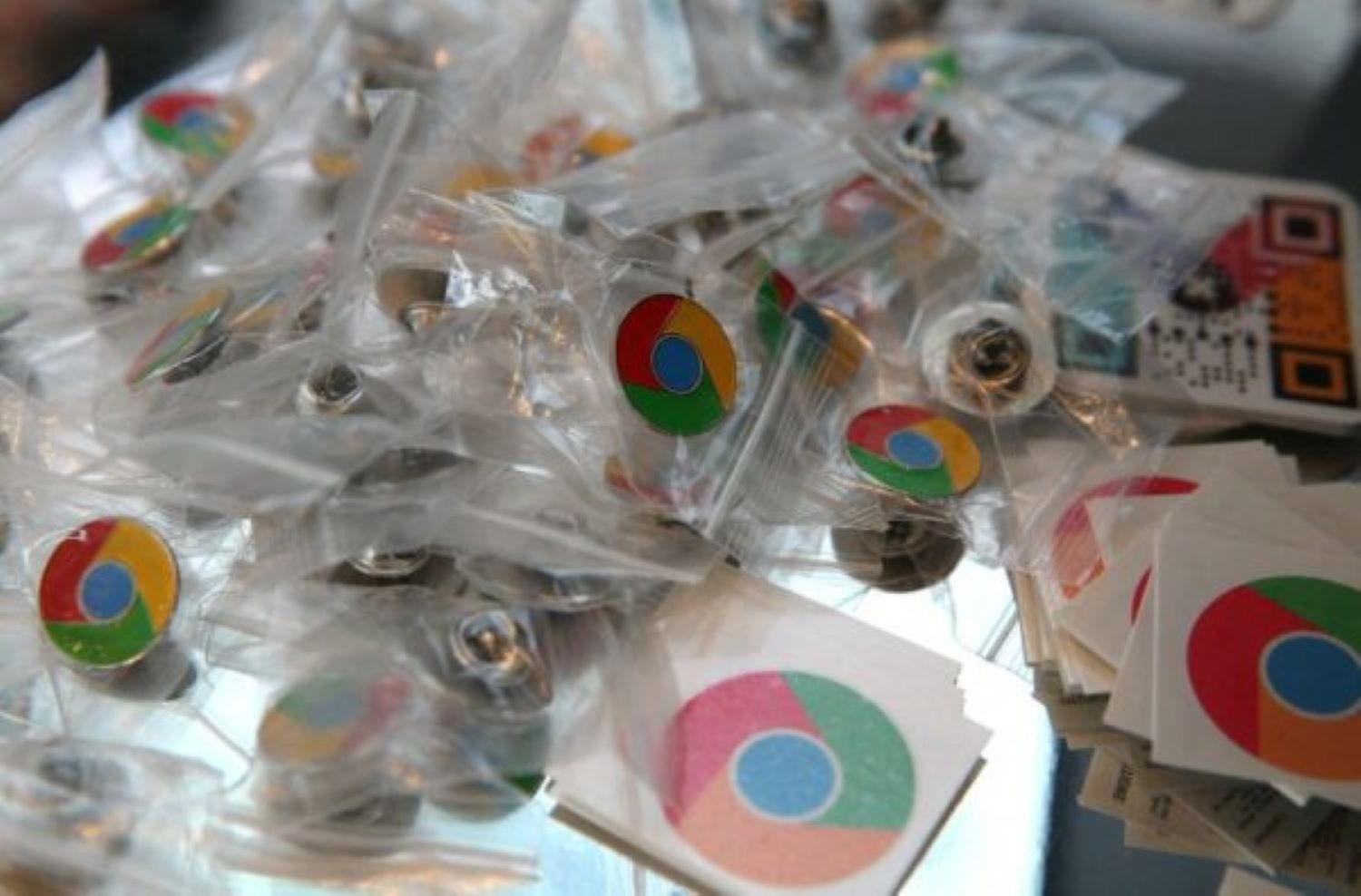Paris, France – Google has begun limiting third-party cookies for some users of its Chrome web browser, a first step towards eventually abandoning the files that have raised privacy concerns.
Google, which announced in 2020 that it planned to get rid of cookies, said fully eliminating third-party cookies could only happen with the approval of Britain’s Competition and Markets Authority, which is looking at the impact on other businesses.
“As per previously announced plans, Chrome is restricting third-party cookies by default for one percent of Chrome users to facilitate testing, and then ramping up to 100 percent of users from Q3 2024,” the company said in a blog posting that cited a Thursday start date.
Cookies, small files which are used to target advertising by tracking web navigation, have recently been subject to greater regulation, including the European Union’s General Data Protection Regulation introduced in 2016 as well as regulations in California.
Third-party cookies are those placed by visited sites and not by the browser itself.
Google announced in January 2020 that it would begin eliminating third-party cookies within two years, but the start has been delayed several times.
Google has been working on an alternative system for Chrome that instead of tracking individual users, would target so-called Federated Learning of Cohorts, or FLoC, which are audience segments grouping hundreds or thousands of people.








